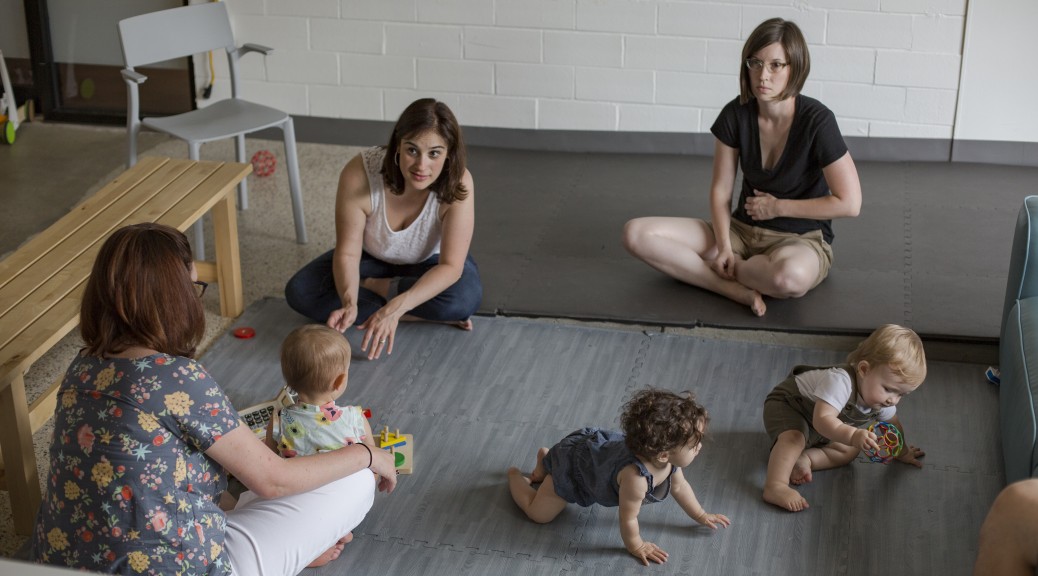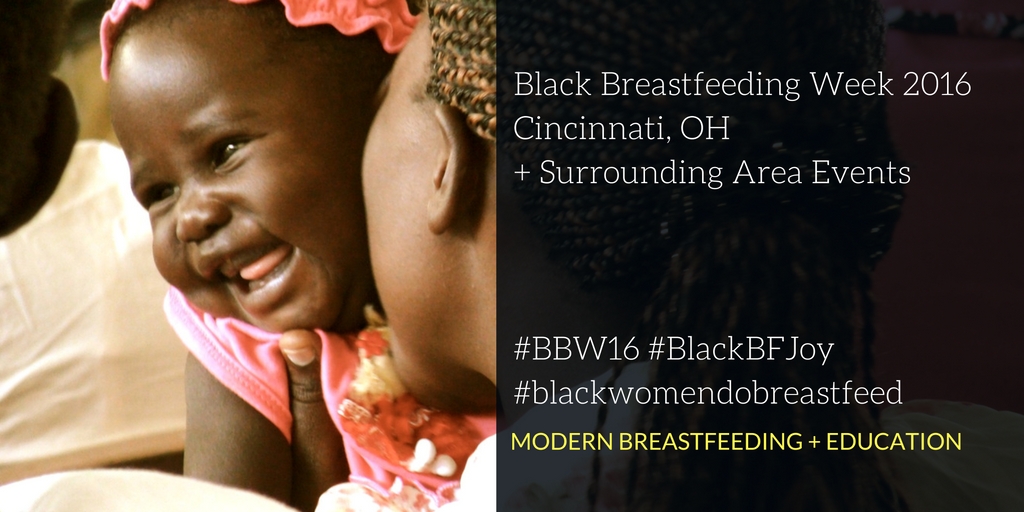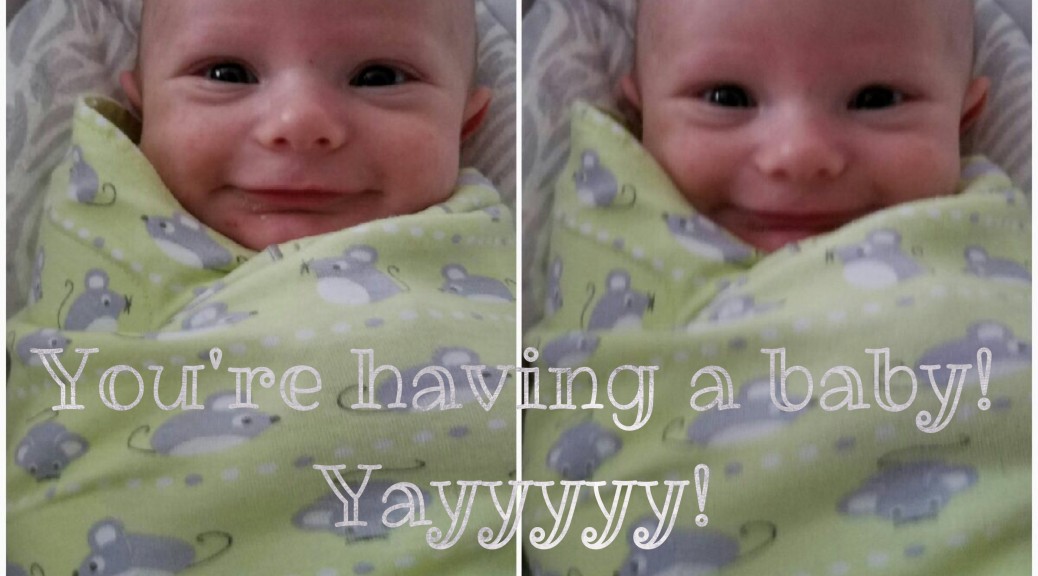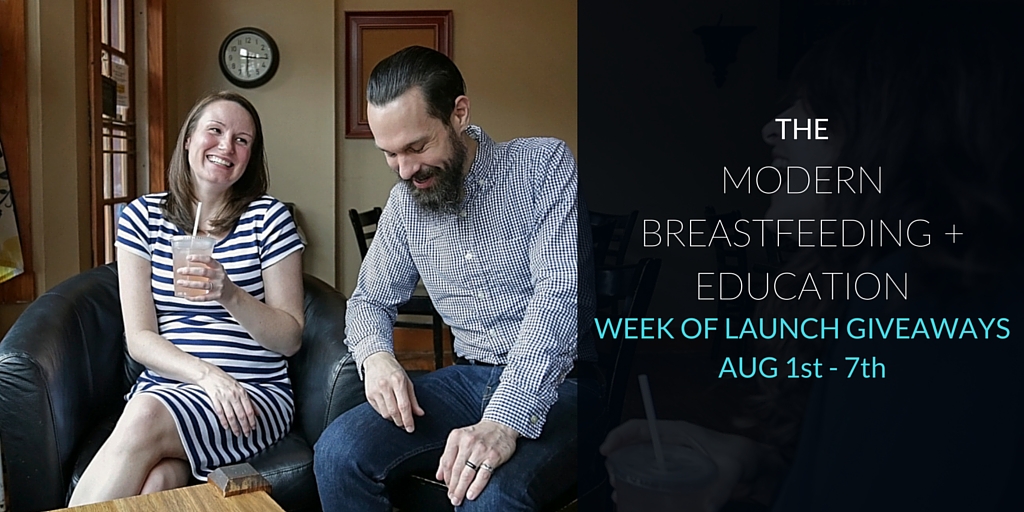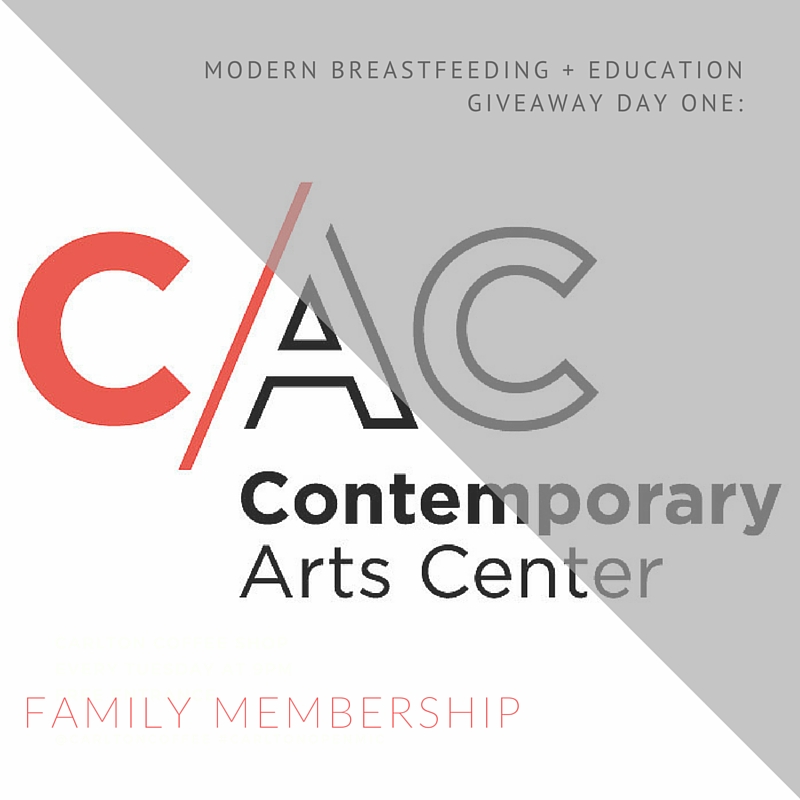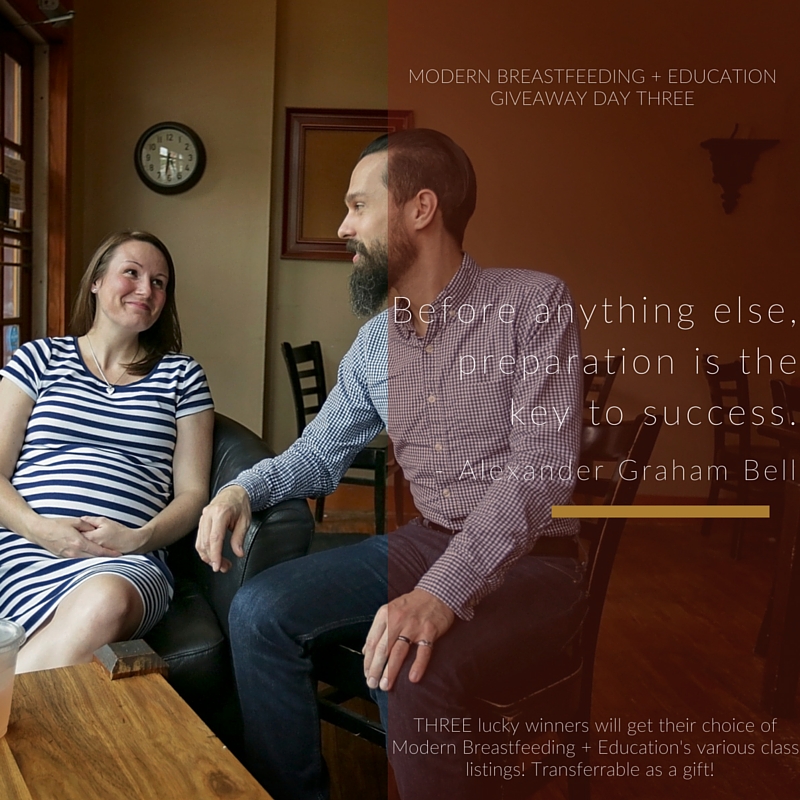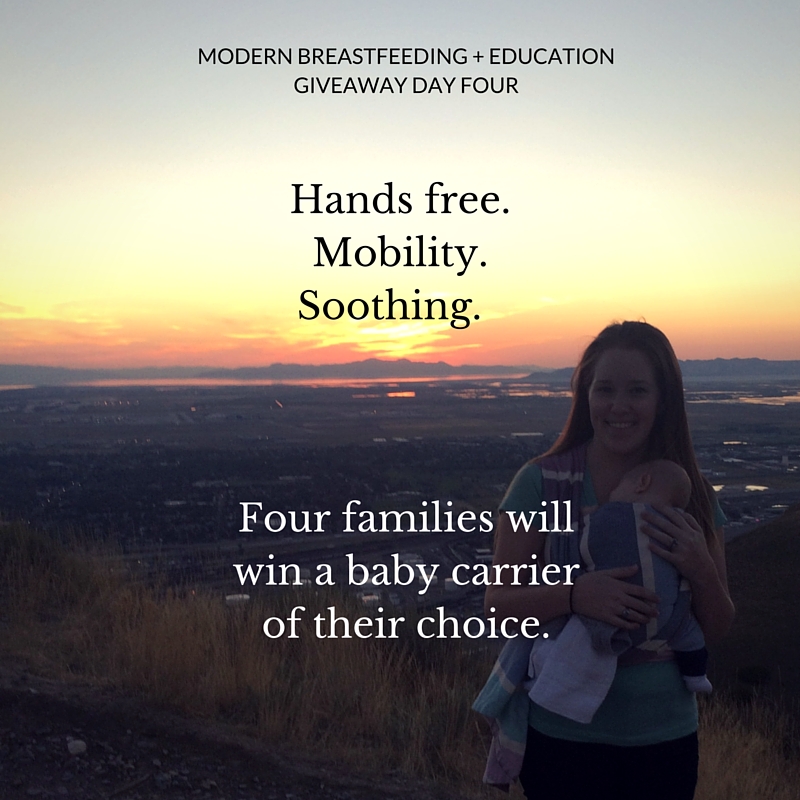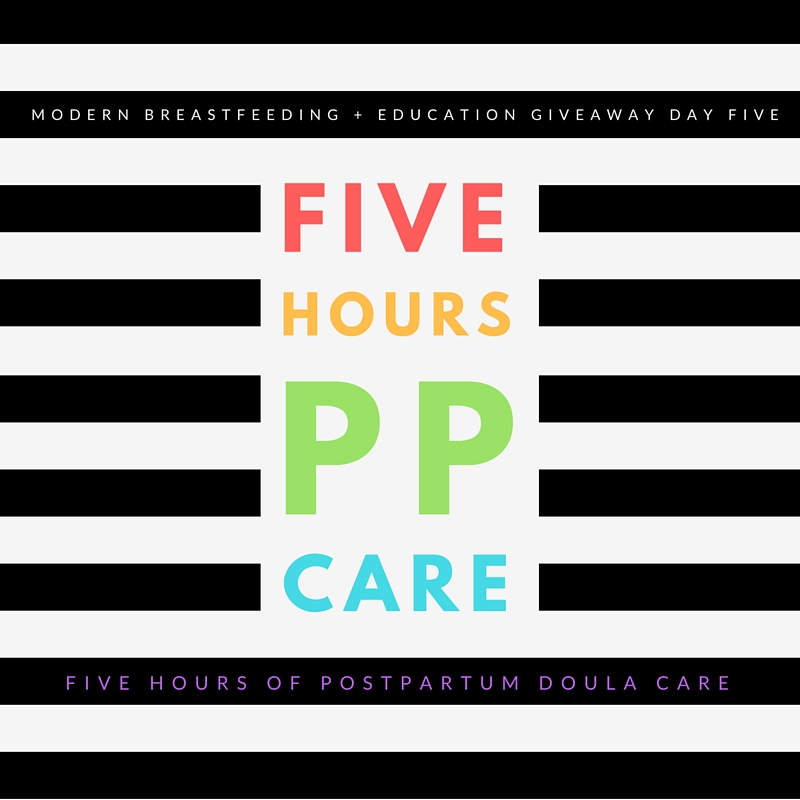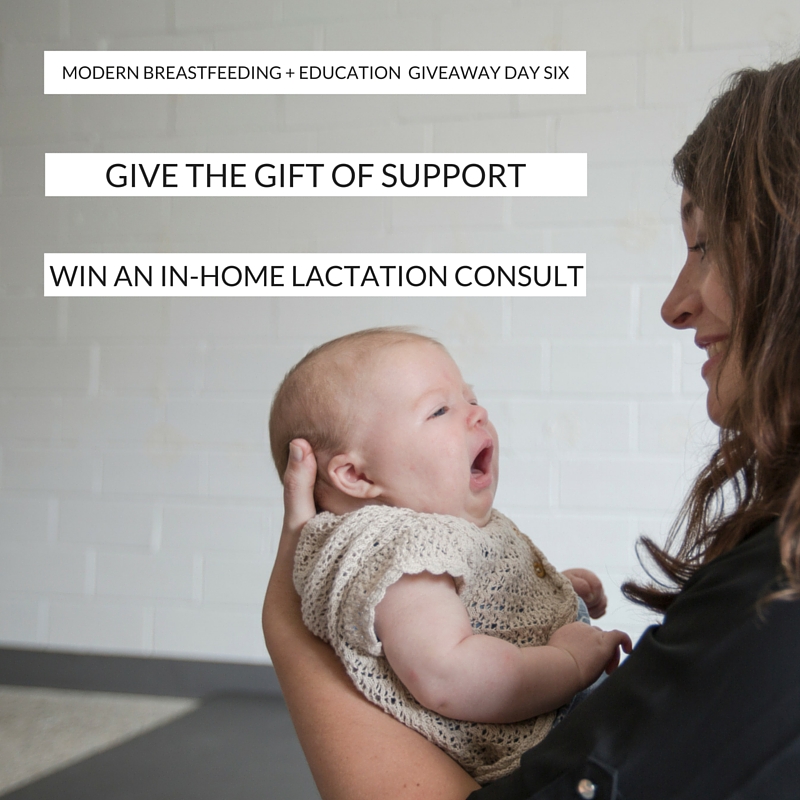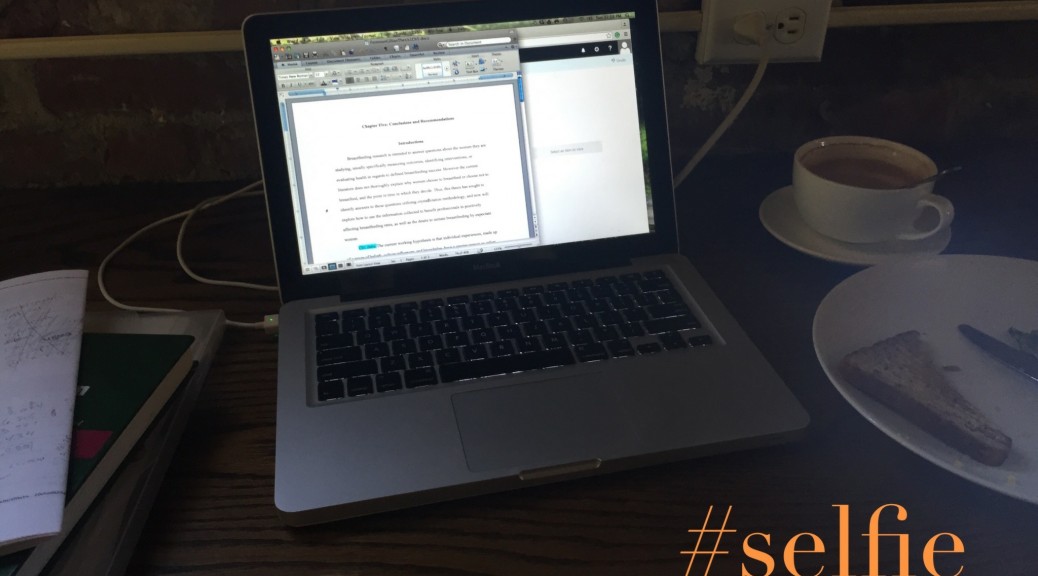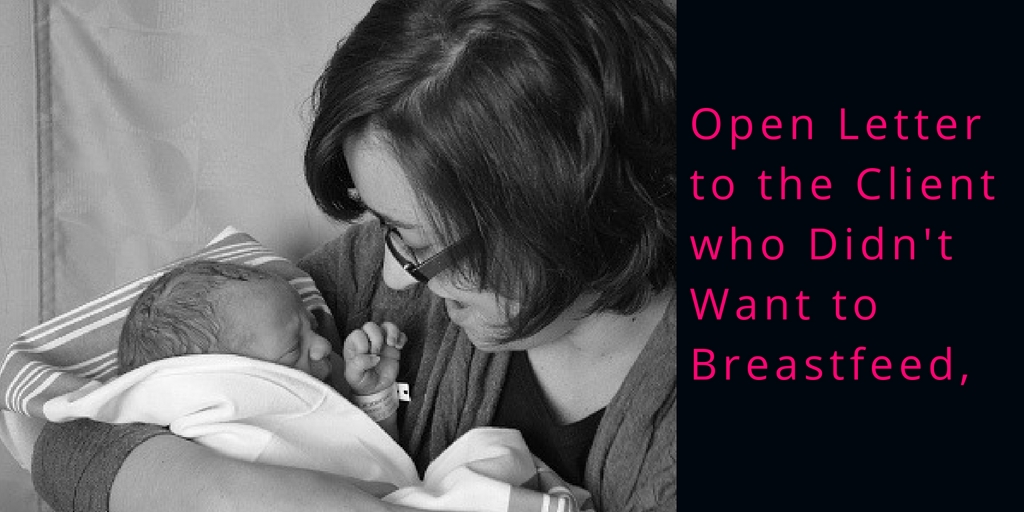Yesterday was the start of Black Breastfeeding Week – the last week of August, which was declared National Breastfeeding Month by the United States Breastfeeding Committee in 2011.
This distinction, to me, is one that is quite poignant because it highlights and places a needed emphasis on a population that deserves more:
more support, more outreach, and more resources for all women, babies, and families of color.
This is not a political statement. This is all based on research showing disparities in care, which I discuss at length below. And now we’re raising awareness.
In fact I did not post this yesterday because the attention needed to be on sites such a Black Breastfeeding Week, along with their incredible social media campaigns on Twitter, Facebook & Instagram.
First, let’s address why Black Breastfeeding Week is important. Then, I’ll point out events that are happening in the Cincinnati and surrounding areas, so that you can take part in supporting this amazing cause.
Black Breastfeeding Week.org has their own list of what makes it important to them. This deserves to be read and listened to; as the topic raised by #4 would have been overlooked by a middle-class white woman such as myself.
That statement above only highlights its importance.
As a mother, lactation expert, childbirth educator, and mother’s support facilitator, I also have research-based reasons why this is important to us as a community of mothers and professionals:
- Disparity of care. The majority of Lactation professionals in the United States are white. Yes, I know this includes myself. This unfortunately speaks to the realities of racial privilege as means and access to available training. This disparity needs to be recognized and addressed within training organizations, as well as in how we recruit and interact with communities outside of our own personal culture.
- Lack of people of color in professional roles. A lack of women of color in professional roles creates an even greater divide because of relatability. Women have better outcomes with professionals they can identify with, yet this lack of representation in advocacy and role models only furthers the goal of successful breastfeeding within African American communities.
- Access to care. Many people of color aren’t aware of the resources available to them in the general populace.
- Economic divisions. In many, too many, places in the US, there are economic boundaries to getting the service, care, and educational materials needed. This is seen in surprising places, such as hospitals. (See the next bullet point.)
- Institutional support. Black women report a lack of support to breastfeed by medical institutions that serve their communities, even from nurses, pediatricians, and lactation professionals in hospital settings.
- Health differences. The sad fact is that access to prenatal care and health care in general for African American women in the United States is dismal, and it is a problem that spirals. Birth outcomes have a major impact on breastfeeding outcomes, yet African Americans have greater rates of Gestational Diabetes and hypertension, which then translates to childhood obesity rates, SUIDS & SIDS, and asthma. Many cite the reasons behind these health issues as going back to economics: access to food, housing issues, and preventative medical care.
- Infant mortality. This is the worse statistic of all, and it is clear: African American infants die at twice the rate of their white counterparts, with higher rates of preterm birth, higher NICU stays, and lower birth weights.
At this point I want to apologize to Black Breastfeeding Week organizers, as this is not the Joyous Post idealized in this year’s awesome #BlackBFJoy theme. I’ll make it up to you tomorrow with a simply gorgeous breastfeeding photo story.
Today’s post was instead to explain, to educate, and to confirm the necessity of this week’s outreach. I sincerely hope you readers will pass along this knowledge to your own communities.
The idea is that when confronted with all of these factors, you can start to see a bigger picture. You can start to see how one person’s role can sadly cause a chain reaction of negative damage, yet also how one point of outreach could truly help a family, and therefore a child, a baby.
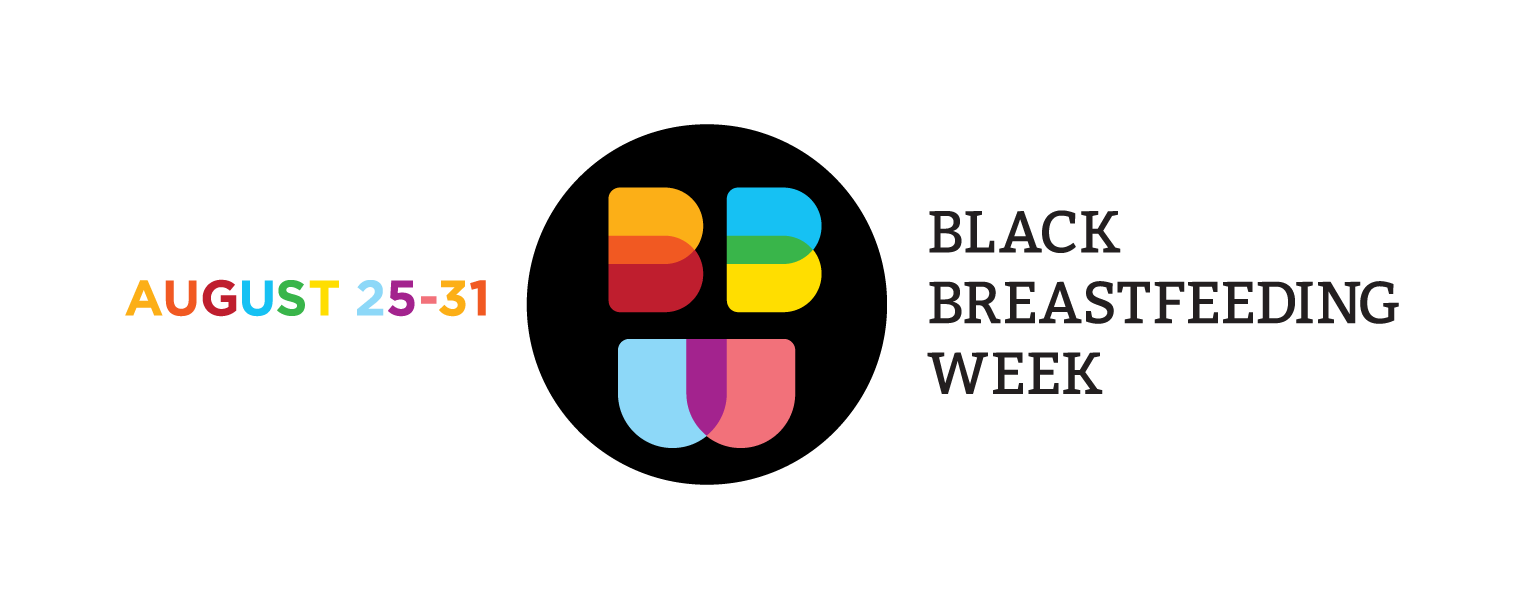
So how CAN YOU be one of those points of outreach and support?
Happily, Black Breastfeeding Week.org has also compiled a helpful list of events throughout the week.
Here’s a list that’s local to Cincinnati and the surrounding areas. Visit the text link above to see what might be in your area if you’re not in Cincy, Dayton, Hamilton, or Indiana!
IN ORDER OF DATE + TIME:
Dayton, OH – Presented by The Color of MILK
Event includes face painting, refreshments, raffles, meet & greet doulas, midwives, and lactation consultants.
Saturday, August 27th, 2:00-3:30PM
Location: Northwest Recreation Center, 1600 Princeton Dr, Dayton, OH 45406
Contact Denise Thomas, 937.212.5847, bedrestandbeyond@gmail.com
Cincinnati – Presented by TrinityOutreach
Lift Every Baby event, with free breast pumps, nursing bras, and milk storage supplies
Saturday, August 27th, 6:00PM
Location: Blue Rock Park, 3010 Blue Rock Road, Cincinnati, OH 45239
Contact Natashia Conner at 513.620.6455 with questions.
Indiana – Presented by Indiana Black Breastfeeding Coalition
Family, Food, Fun! Splash park for little ones!
Sunday, August 28th, 4:00-7:30PM
Location: TBA
Contact Ryan Karim, ryankarim@gmail.com for information
Hamilton, OH – Presented by Butler County Breastfeeding Group and OEI/BCPRIM
Event is a prenatal birthing / breastfeeding class, childcare for women attending, and mother-led breastfeeding support group, along with access to African-American CLCs and IBCLCs.
Monday, August 29th, 6:30PM
Location: YWCA in Hamilton, OH
Contact Tara Ramsey, 513.705.9040, ext. 2 for more, or via tarar@myprimaryhealthsolutions.org
Cincinnati, OH – presented by B.R.E.A.S.T. Friends (Black Breastfeeding Research, Education, Awareness & Support Taskforce) and the University of Cincinnati Medical Center
Wednesday, August 31st, 3:00PM
Location: UCMC Main building garden
Contact natashia.conner@uchealth.com for more
Also, check out BOOBS (Breastfeeding Outreach for Our Beautiful Sisters), a local non-profit in Cincinnati.
Post your photos to any of my social media sites and tag @blackbreastfeedingweek #BBW16 #BlackBFJoy!
Help be a catalyst for change with every effort to better outcomes.

